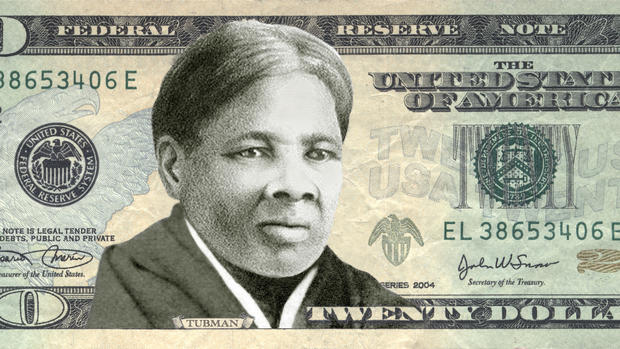Bernanke: Keep Alexander Hamilton on the $10 bill
Ben Bernanke, former head of the Federal Reserve, believes putting out a new version of the $10 bill with a woman on on it is a swell idea -- just not at the expense of Andrew Hamilton.
The U.S. Treasury Department said last week it's redesigning the $10 bill to feature a woman, following up on a speech delivered by President Obama last year in which he recalled getting a letter from a young girl asking why there were no women on American currency. "She gave me like a long list of possible women to put on our dollar bills and quarters and stuff, which I thought was a pretty good idea," the President said at the time.
In a post published Monday from his current gig at the Brookings Institution, Bernanke's decries Hamilton's proposed demotion, saying that in addition to serving as the country's Treasury Secretary, Hamilton qualifies as "among the greatest of our founders for his contributions to achieving American independence and creating the Constitution."
Bernanke, a former professor of economics at Princeton University, also calls Hamilton "without doubt the best and most foresighted economic policymaker in U.S. history."
But Bernanke does not merely object to Hamilton's possible removal from his long-held spot on U.S. currency. He also offers two alternatives, including ridding the $20 bill of Andrew Jackson's image, calling the nation's seventh commander-in-chief "a man of many unattractive qualities and a poor president."
As Bernanke noted, he is not alone in his distaste for Jackson, who engineered what many to consider to be the genocide of Native Americans and, ironically for some whose face adorns a bill, opposed paper money.
"Another, less attractive, possibility is to circulate two versions of the ten dollar bill, one of which continues to feature Hamilton," Bernanke opined.
The Treasury Department said it is considering several options in putting a woman on the $10 note, including producing two bills, one of which would presumably retain Hamilton's visage. The agency plans to solicit public opinion on the redesign through and online campaign and in roundtables, town halls and other meeting around the U.S.
